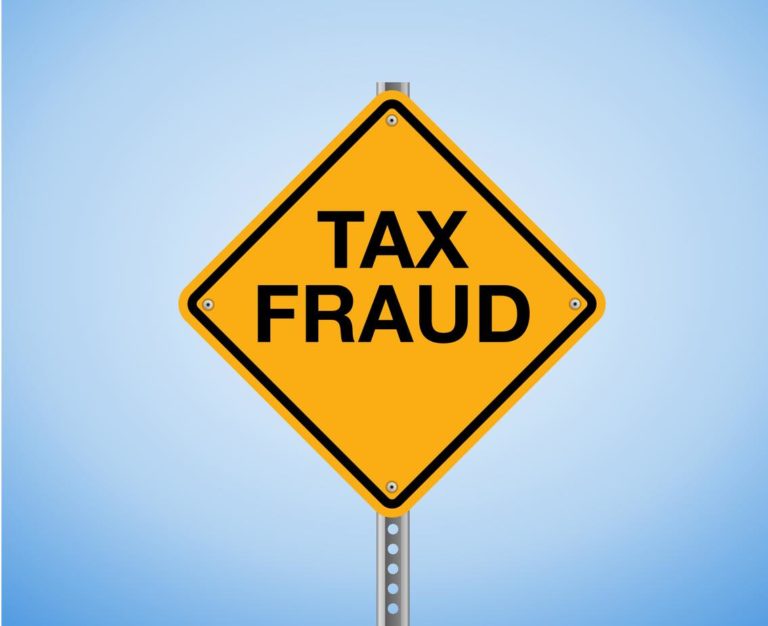On December 1, 2020, the DC Council passed the False Claims Amendment Act of 2020, which would provide whistleblowers an award of 15 to 30 percent of a tax fraud recovery where the annual District income, District sales, or District revenue of the person against whom the action is being brought equals or exceeds $1 million, and the alleged tax underpayment exceeds $350,000. Expanding the DC False Claims Act to encompass tax fraud should increase tax fraud recoveries for the DC government.
As amended, the DC False Claims Amendment Act of 2020 would become effective after approval by the Mayor and the expiration of a 30-day Congressional review period. The following are some key aspects of this important tool to combat tax fraud:
- Establishing a violation requires proof that the taxpayer “knowingly” presented a false claim (e.g., acted with deliberate ignorance or reckless disregard of the truth or falsity of the information).
- The DC tax qui tam law incentivizes the disclosure of original information by excluding qui tam claims based on information that was publicly disclosed in a report, hearing, or audit by District agencies, in a civil, criminal, or administrative hearing to which the District is a party, or by the news media.
- A successful whistleblower can recover 15% to 25% of collected proceeds if the D.C. Attorney General intervenes and brings a successful prosecution, and 25% to 30% of collected proceeds if the AG does not intervene and the whistleblower prosecutes the case.
- Under the DC False Claims Act, a defendant is liable for three times the amount of damages that the District incurred as a result of the unlawful action, as well as a civil penalty of not less than $5,500 and not more than $11,000 for each false claim.
- Seven states have enacted similar qui tam tax fraud whistleblower laws. NY’s tax fraud qui tam law has generated approximately $600 million in settlements.
- DC False Claims Act complaints are filed under seal, and the DC Attorney General has 180 days to decide whether to intervene and proceed with the action, decline to intervene and permit the whistleblower to prosecute the case, or move to dismiss the case.
- Under the DC False Claims Amendment Act of 2020, the DC Attorney General must consult with the District’s Chief Financial Officer about the action before deciding whether to intervene.
- DC’s False Claims Act includes a whistleblower protection provision that prohibits retaliation for “lawful acts done by the employee, contractor, agent, or associated others in furtherance of [a qui tam action] or other efforts to stop one or more violations of [the DC False Claims Act.” DC Code § 2–381.04. Remedies include reinstatement, double back pay, special damages, and attorneys’ fees.
The Committee Report concerning the DC False Claims Act Amendments of 2020 explains the purpose and origin of this important tool to combat tax fraud:
DC False Claims Act Amendments of 2020








